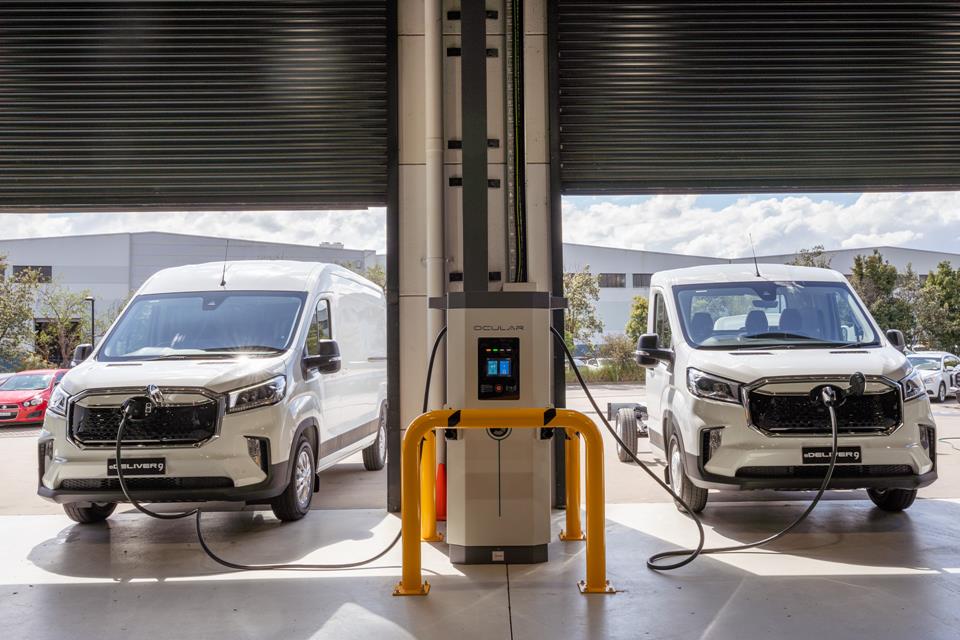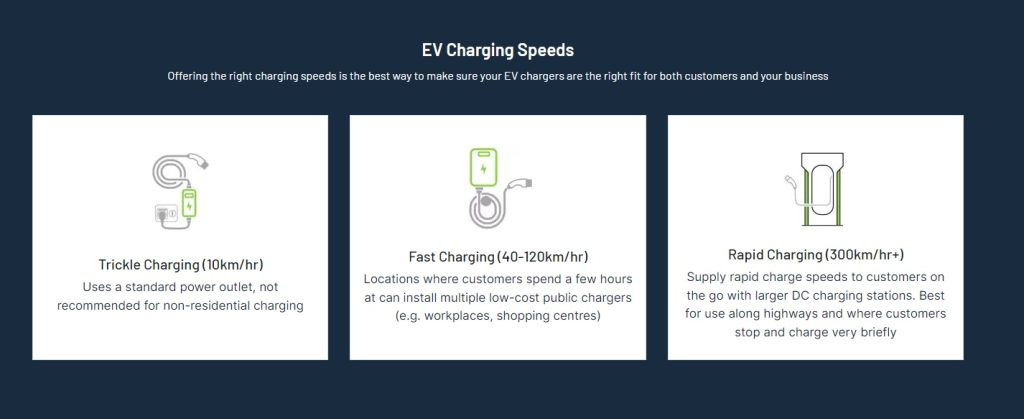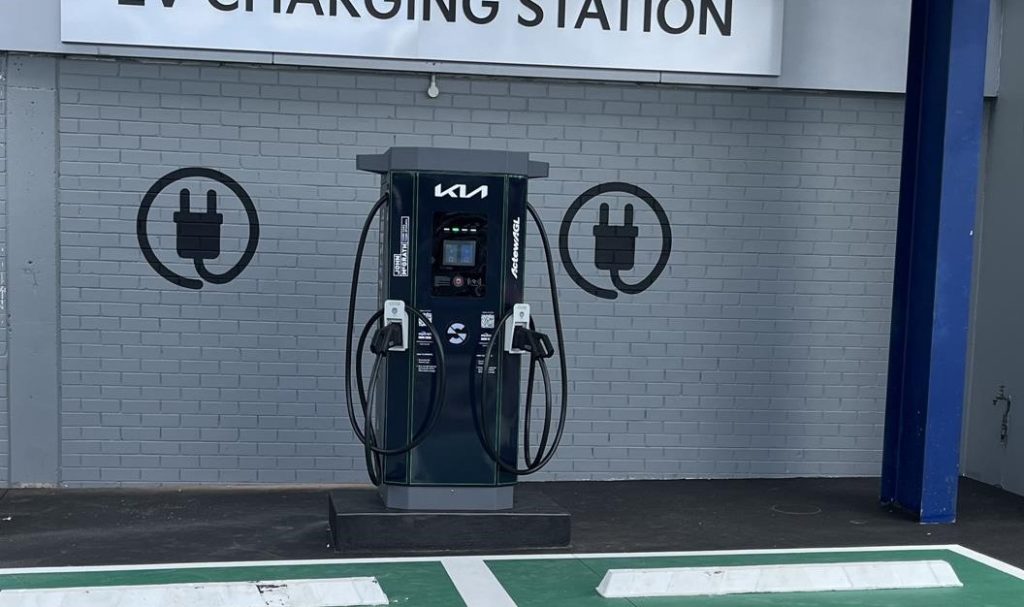Will using a DC fast charger cause issues for your EV battery?

Although studies have indicated that regular fast (DC) charging may cause a battery to deteriorate more quickly than with AC charging, the impact on battery health is negligible. The average increase in battery degeneration due to DC charging is actually only 0.1 percent.
Since lithium-ion (Li-ion) batteries are susceptible to high temperatures, taking good care of your battery has more to do with temperature management than anything else. temperature control devices are standard on the majority of contemporary EVs, protecting the battery even during rapid charging, this enhanced cooling makes the battery last longer and charge more efficiently.
Anxiety over EV range and battery life are still present even in 2024
Even though the popularity of electric vehicles is growing year, many drivers are still reluctant to switch to EVs out of concern over an unpredictable range or short battery life, therefore technology has focused on improving the range of EV’s and importantly how fast they can charge. To make people purchase an EV they must see it as superior to petrol vehicles.
One frequent issue is how fast charging may affect battery deterioration. This is reasonable considering that certain EV manufacturers, like Tesla and Kia, advise against using fast charging excessively in their models’ extensive spec sheets.
What precisely is the effect of rapid charging on your battery, and will it have an effect on its longevity? This post will describe how fast charging functions and address the question of whether using it on an EV is safe.
Quick charging: what is it?
We must first define quick charging before attempting to determine whether it is safe for your electric vehicle. The fastest charging stations that can charge your electric vehicle (EV) in minutes as opposed to hours are referred to as fast charging, also known as Level 3 or DC charging.
Although charging stations have different power outputs, DC fast chargers can provide power that is seven to fifty times greater than that of a standard AC charging station. Although this high power is excellent for swiftly charging an EV, it also produces a lot of heat and may strain the battery.

Let’s understand what wast charging’s effects on electric vehicle batteries
Studies have shown that over a two-year period, rapid charging more than three times per month increased battery degradation t as compared to drivers who never used fast charging. One such study conducted in 2021 – See link “Impact of Charging Rates on Electric Vehicle Battery Life.” University of Oxford by Innovate UK
So, should you be fast charging your EV?
Level 3 charging may seem like a convenient option for quickly charging your EV while on the go, but in reality, regular AC charging is usually sufficient for your daily charging needs. Even with the slowest level 2 charging, a medium-sized EV can be fully charged in less than 8 hours, making fast charging unnecessary for most people on a daily basis.
Additionally, DC fast chargers are larger, more expensive to install, and require higher voltage to operate, limiting their availability to specific locations and making them more costly to use compared to AC public charging stations. The improvements in fast charging technology have made it more efficient and accessible, but for most EV owners, regular AC charging remains the most practical option.
Thus, rapid chargers can hasten the degradation of batteries in vehicles with NMC battery chemistry. However, the battery management systems in vehicles are set to limit the level of power received to prevent accelerated degradation.
The advancements in DC fast charging in EV’s across Australia
The majority of modern batteries are engineered to support rapid charging and come equipped with built-in cooling mechanisms to manage the increased power demands of fast charging. This feature is not only beneficial for quick charging but also for extreme weather conditions, as your electric vehicle (EV) battery can be negatively impacted by extremely cold or hot temperatures. Ideally, your EV’s battery functions best within a specific temperature range of 25 to 45°C. While this setup enables your vehicle to continue charging in varying temperatures, it may result in longer charging times if the temperature falls outside the optimal range.
Obviously those living in Tasmania and the Australian northern regions will be most effected by temperature fluctuations.

Best Practices for EV battery health
There are certain recommended practices to follow when fast charging in order to minimize its effect on your battery. It is advisable to avoid fast charging on extremely hot days, but if necessary, try to do so in the shade to prevent overheating the battery.
Charging in cold weather is safe for the battery, but it may result in a slower charging rate and longer charging times as the car’s battery management system adjusts power to optimize charging and protect the battery.
Maintaining the battery between 20 and 80 percent charged is considered best practice for any Li-ion battery, as extremely low or high states of charge can lead to long-term damage. Charging your EV to 80 percent for daily use and utilizing a full charge only for long-distance trips is recommended.
Similar to humans, EV batteries also age over time and lose some capacity. However, the loss is minimal, around 2.3 percent per year, and is unlikely to significantly impact daily use. While fast charging can accelerate the rate of capacity loss, the actual impact is only about 0.1 percent more compared to regular charging methods.
Have any questions? Contact us:
1300 406 210


